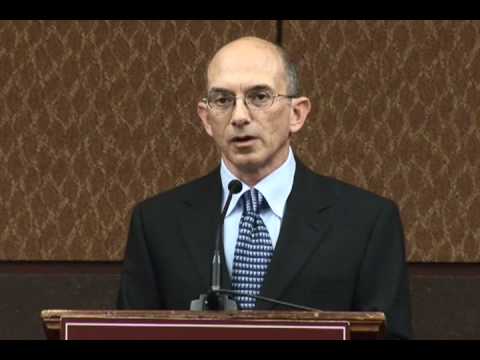This is an unusual entry in this occasional series. A demo from a songwriter that is later recorded by another artist is not exactly a remake. Nonetheless, the contrast here is interesting, so I pass it on.
Here is the demo of Pleasant Valley Sunday, sung by Carole King, who wrote it:
That is a lovely bit of vintage pop, with the feel of that musical annus mirabilis of 1966. It would have been a good single by itself, and possibly a hit just as it is. Carole King had a very nice voice. She wrote a lot of hit pop songs in the Sixties, which were great. I am not a fan of her later solo career music, which is pleasant but does nothing for me.
Here is the version of her song which was a well deserved hit for the Monkees:
The Monkees are more rockin’ with it.
The changed lyrics are interesting. The Monkees sing “My thoughts all seem to stray, to places far away. I need a change of scenery … .” Carole sings “My thoughts all seem to stray, to places far away. I don’t ever want to see … another Pleasant Valley Sunday.” The Monkees leave their rejection of the bucolic suburban scene more ambiguous, which is a lyrical improvement.
Note that there is a lot of utterly unjustified disparagement of the Monkees. Dr. Frank once provided a total rebuttal to that stance, which he described as Monkees Derangement Syndrome. It is worth reading if you care about these controversies.


